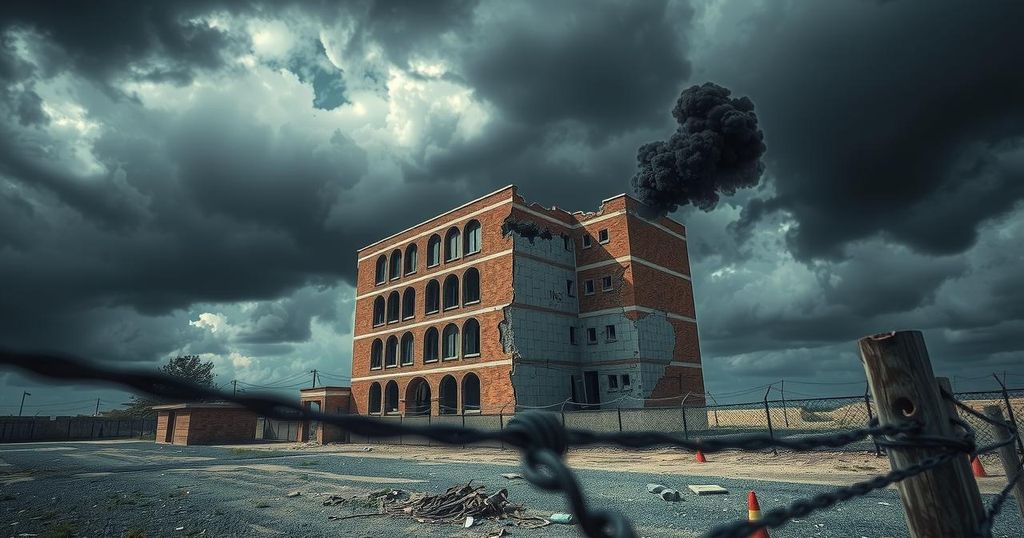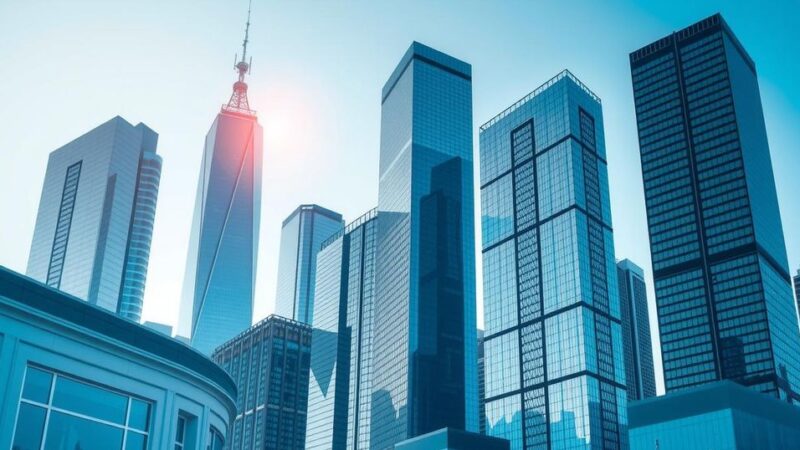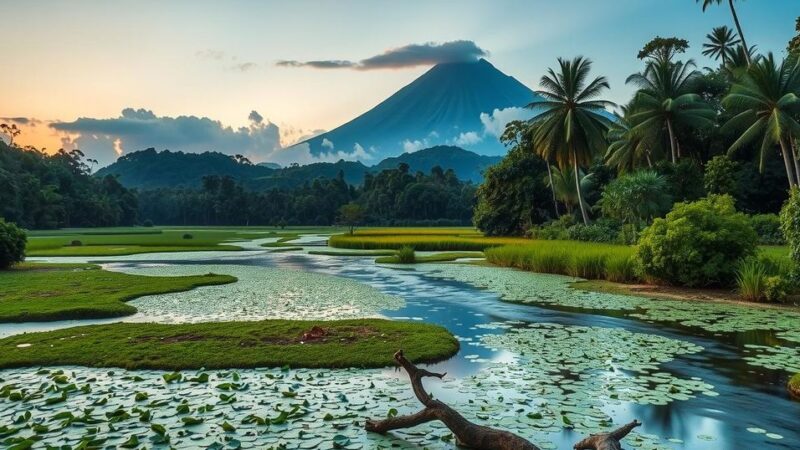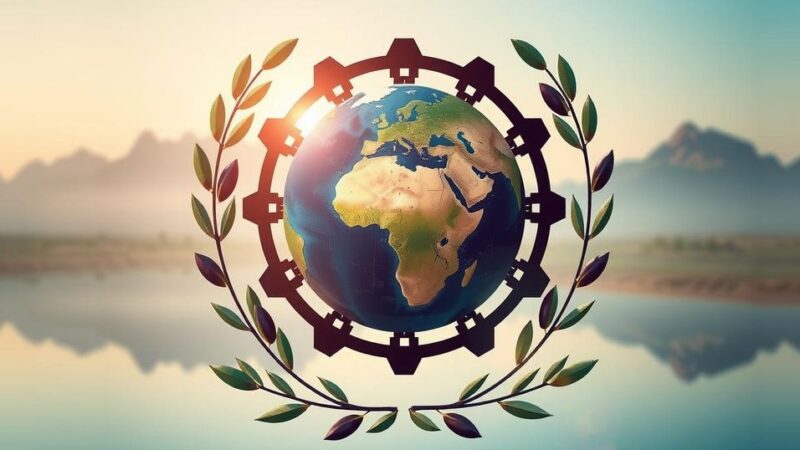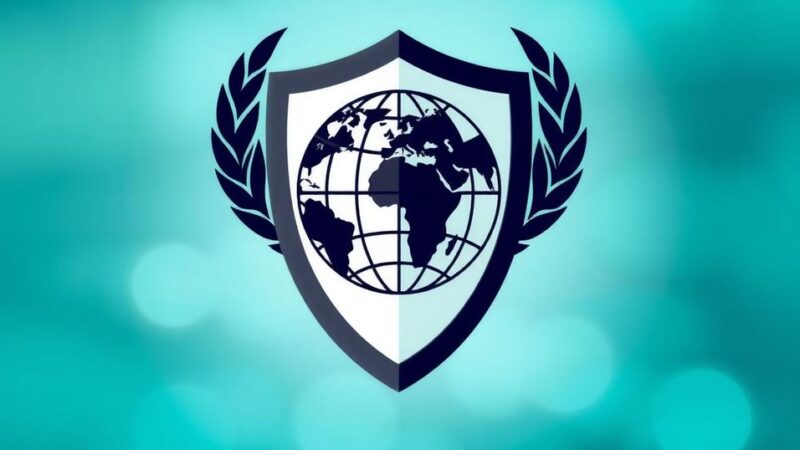Goma, DRC, is experiencing intense conflict as Congolese soldiers clash with Rwandan-backed M23 fighters, escalating a humanitarian crisis that has displaced half a million people. Protests in Kinshasa targeted foreign embassies, criticizing international inaction. Amid ongoing violence, UN food assistance has ceased, heightening concerns over shortages, while regional leaders convene to address the turmoil.
Gunfire erupted on Tuesday in Goma, Democratic Republic of Congo (DRC), amid violent clashes involving militiamen backed by Rwandan forces and Congolese military. This escalation follows the incursion of Tutsi-led M23 fighters into Goma after weeks of conflict in the region. As a result, a significant humanitarian crisis has developed, displacing approximately half a million individuals since the beginning of the year, according to a statement from the UN refugee agency.
Demonstrations in Kinshasa saw enraged protesters targeting the embassies of Rwanda, France, Belgium, and the United States, expressing frustration over perceived inaction from the international community. Kenya’s principal secretary for foreign affairs, Korir Sing’Oei, condemned violence directed at embassies from various nations, including Kenya and Uganda. The U.S. embassy issued a warning to its citizens, advising them to remain indoors amidst rising tensions.
The situation in Goma remains precarious, with sporadic gunfire continuing as M23 soldiers were spotted moving through the city. Reports of theft by both Congolese troops and militias have emerged from the local populace, highlighting the chaotic environment. “They stole everything from us, our phones, even our shoes,” recounted a resident named Jospin Nyolemwaka.
Casualty figures have escalated with at least 17 reported dead and 367 wounded in the latest clashes. The United Nations noted a halt in food assistance around Goma, raising alarms over potential shortages. The World Food Programme characterized the next 24 hours as critical for the affected population, who could soon be facing dire circumstances without adequate supplies.
In light of the volatility, the UN Security Council is set to convene. The Congolese government expressed disappointment with a prior vague statement from the Council regarding Rwanda’s involvement in the region. DRC officials assert that Rwanda seeks to exploit the area’s mineral resources while Rwanda defends its military presence as an effort to combat Hutu rebel groups.
Congolese President Felix Tshisekedi is expected to address the nation amid these developments, as the African Union convenes an emergency meeting. Following prior failed ceasefires and discussions between Tshisekedi and Rwandan President Paul Kagame, the situation remains unresolved. The emergence of the M23 movement since late 2021 poses significant challenges to regional stability and security.
The eastern region of the Democratic Republic of Congo has long been a hotspot of conflict, particularly after the 1994 Rwandan genocide, leading to a prolonged struggle involving various armed groups. The Tutsi-led M23 has gained prominence in recent years, seizing territory in North Kivu province and creating a dire humanitarian situation for those caught amidst the violence. Increasingly, regional dynamics and foreign involvement complicate these conflicts, drawing attention from international entities and raising concerns about resource exploitation and sovereignty.
The unfolding crisis in Goma represents a significant escalation of conflict, resulting in humanitarian distress and international tensions. Current military engagements between Congolese forces and M23 fighters, alongside widespread protests against foreign interference, showcase the complexities of the situation. The international community must monitor developments closely and respond appropriately to prevent further deterioration of security and humanitarian conditions in the DRC.
Original Source: www.wfxg.com

